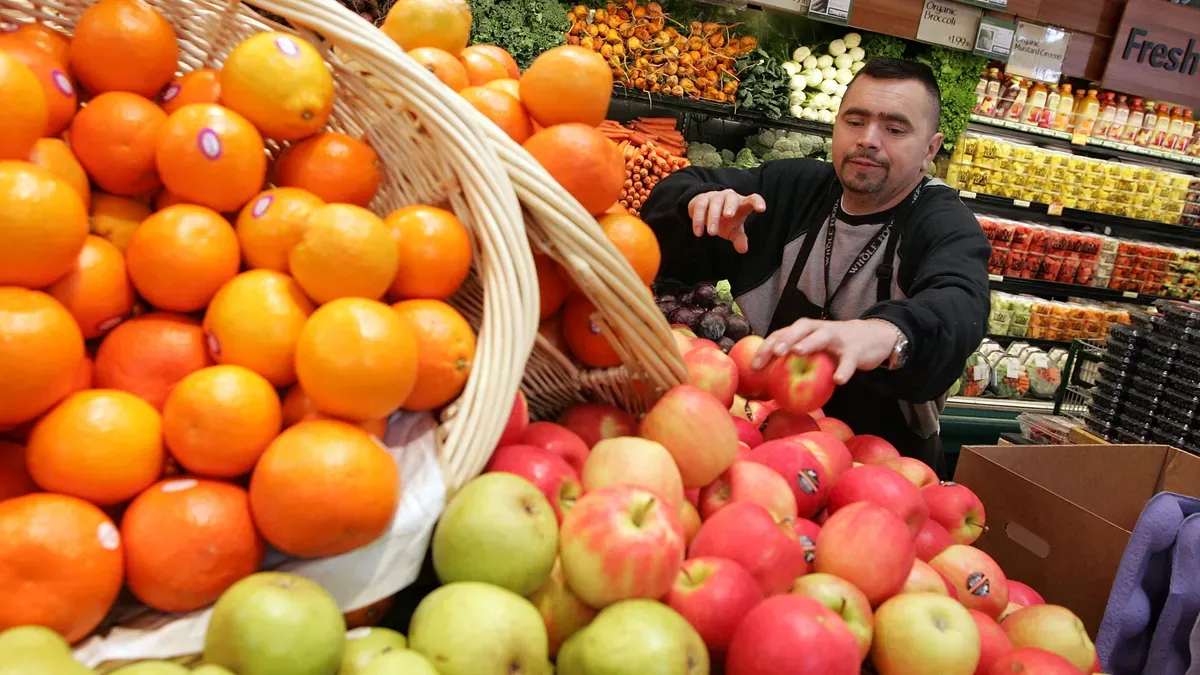5 Emerging technologies set to transform the global food system

The following is a guest post from Rick Hamilton, a Senior Consultant at 4C Associates. Hamilton shares his insights following the International Food & Drink event in London where Charles Banks, co-founder of The Food People explained how emerging technologies might help overcome some of these challenges.
Over the last 90 years, global population and food production have grown exponentially, however total agricultural land has remained static, putting pressure on the food system to produce more food with fewer resources. The demand for food is expected to further increase by 60% by 2050, thus exacerbating the pressure on food production.
But there are five emerging food technologies that could help the world get to where it needs to be to transform the system.
1. Cellular agricultureNew research from think-tank Planet Tracker has shown that the global food system accounts for a third of greenhouse gas emissions and endangers 86% of species on the International Union for Conservation of Nature (IUCN) Red List. The animal protein sector is a major contributor to this impact. However, emerging food technologies make it possible to cultivate meat without the need for traditional livestock farming.
Cellular agriculture is one such technology, which involves using cell cultures to produce animal products such as meat, milk, and eggs without the need for animals. This process involves taking a small sample of animal cells and using them to grow muscle tissue, which can then be used to produce meat, or milk and egg proteins for dairy and egg products.
The benefits of cellular agriculture are numerous. For one, it can be much more sustainable than traditional agriculture practices. It uses less land, water, and energy, and produces less greenhouse gas emissions, which can help combat climate change. Additionally, it eliminates the need for animal husbandry, making the process far more efficient, and reduces the risks of foodborne illness.
Early adopters of the technology include Perfect Day and their animal-free dairy products, and UPSIDE Foods and Eat Just (GOOD Meat). The latter companies were just fully authorized to sell their chicken products to consumers in the US. Widespread adoption, however, is still some way off. Lab-grown meat is currently more expensive to produce than traditional meat and it will likely take time for costs to fall. Additionally, there are regulatory and social barriers, including concerns about safety and ethical implications of so-called “lab-grown meat.”
Regulators in the US and Singapore are already supporting the production of cultivated meat, with the US Food and Drug Administration (FDA) giving a ‘no questions’ verdict as to its safety for humans. Governments in the Netherlands, Japan and Norway have also committed significant investment into its research. With continued research and endorsement from regulators it is expected that the technology will become more socially acceptable.
)
)
)



)
)
)
)
)
)
)
)
)
)
)
)
)
)
)
)
)
)
)
)
)
)
)
)
)
)
)
)
)
)
)
)
)
)
)
)
)
)
)